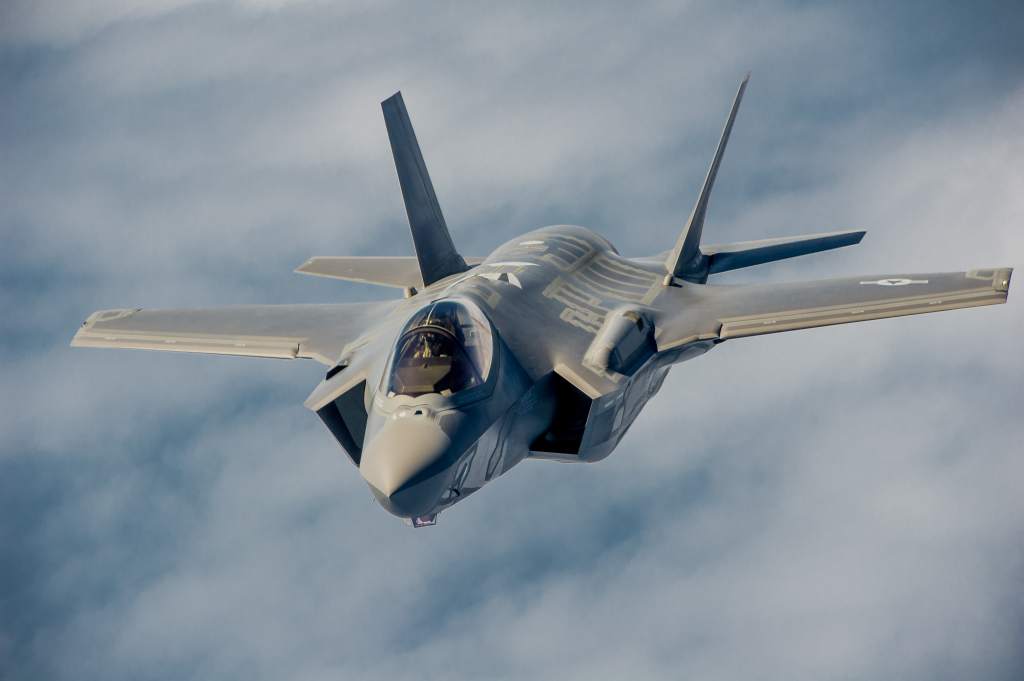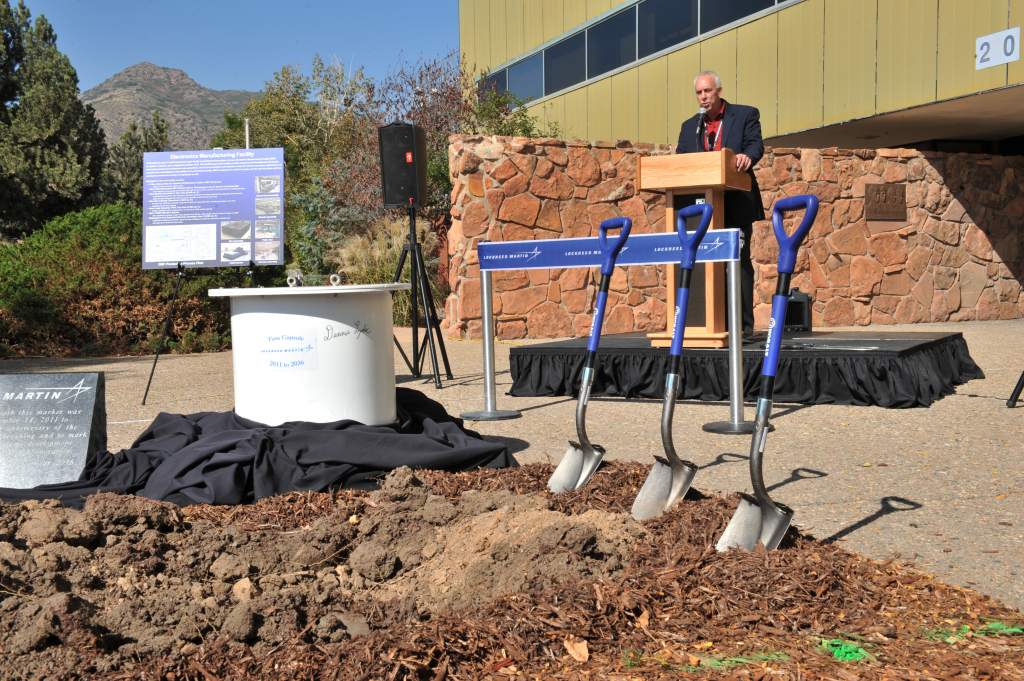Lockheed Martin, the global aerospace, defense, security and advanced technologies company, will invest $1 million in a new additive manufacturing lab at Metropolitan State University of Denver.
The lab will be used by students to create advanced aerospace components. Lockheed Martin has already made widespread use of 3D printing. For example, 3D Systems provided their Selective Laser Sintering technology to aid in the production of various components for the F-35, a fifth-generation combat aircraft. 3D printing is also used to produce other weapons systems with the aim of improving affordability and sustainability.

Earlier this week the U.S. Department of defense announced the Pentagon has awarded contracts valued at over $73 million to Lockheed Martin. The funds will be used to produce F-35B Lightning II aircraft for the US and Japan air forces.
Innovative, affordable and faster to market
One Lockheed Martin business that may benefit from the additive manufacturing research at MSU is the Electronics Manufacturing Facility (EMF) at its Space Systems Company campus in Littleton, Colorado.
The 28,000-sq.-ft. EMF provides development, fabrication and environmental test of spacecraft electronics. Brian O’Connor, Vice President, Production Operations at Lockheed Martin Space Systems, opened an expansion of the EMF in 2015.
Writing for 3D Printing Industry as part of our future of 3D printing series, O’Connor told us, “We’re going to get to Mars—and live there one day—with advanced manufacturing.”
Speaking about the new additive manufacturing lab O’Connor said, “We’re helping students design with those new concepts in mind so the next space missions are innovative, affordable and faster to market. This lab will help students unleash their creativity in engineering tomorrow’s great advancements.”

Addressing the 3D printing skills gap
Lockheed Martin are also working to address the skills gap in additive manufacturing and together with the Colorado Space Business Roundtable are offering a two-week course of practical experience for the next generation of 3D printing engineers.
MSU president Stephen Jordan said, “Our companies cannot find people to use all this advanced manufacturing technology. We are creating a workforce for our companies, students are getting the opportunity at jobs starting at $65,000 a year and MSU Denver gets a win in for having a nationally unique program.”
For all the latest 3D printing news, subscribe to the most widely read newsletter in the 3D printing industry, follow us on twitter and like us on Facebook.
Featured image shows The new Aerospace and Engineering Sciences Building at MSU Denver. Photo courtesy of Alyson McClaran/MSU Denver.



